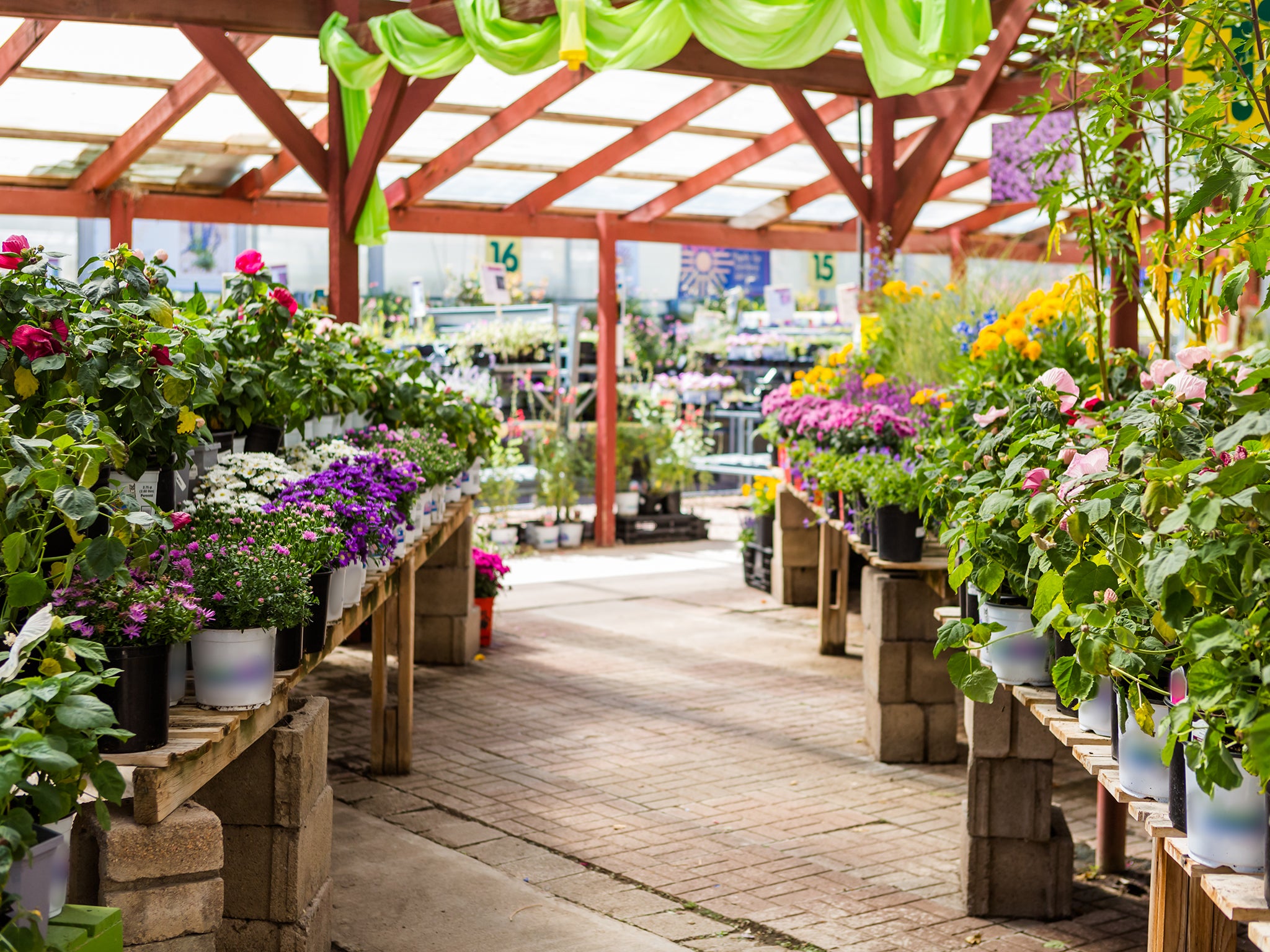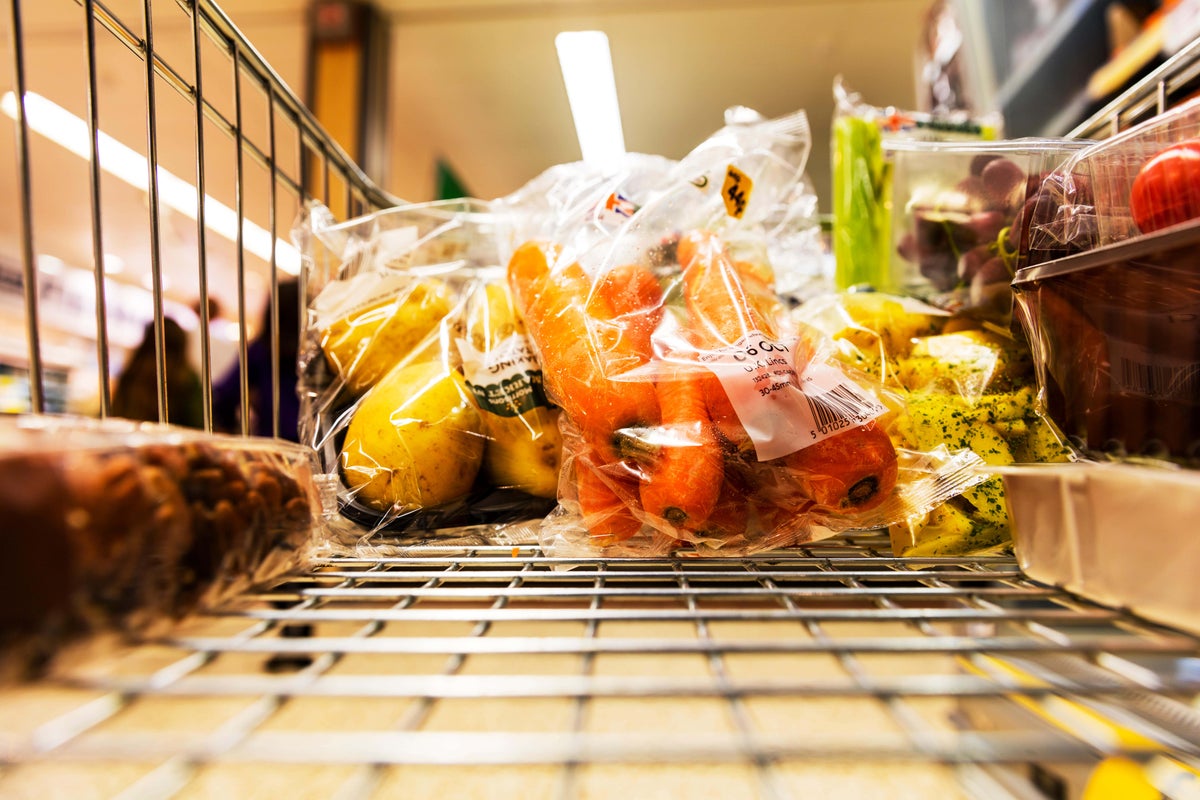Your support helps us to tell the story
From reproductive rights to climate change to Big Tech, The Independent is on the ground when the story is developing. Whether it’s investigating the financials of Elon Musk’s pro-Trump PAC or producing our latest documentary, ‘The A Word’, which shines a light on the American women fighting for reproductive rights, we know how important it is to parse out the facts from the messaging.
At such a critical moment in US history, we need reporters on the ground. Your donation allows us to keep sending journalists to speak to both sides of the story.
The Independent is trusted by Americans across the entire political spectrum. And unlike many other quality news outlets, we choose not to lock Americans out of our reporting and analysis with paywalls. We believe quality journalism should be available to everyone, paid for by those who can afford it.
Your support makes all the difference.Read more
Shop price inflation has sharply risen to 1.4 per cent, with global factors, higher national insurance, and escalating wage costs now directly affecting consumer prices – as one industry figure warns households are finding shopping “increasingly expensive”.
This significant jump from August’s 0.9 per cent was primarily fuelled by rising non-food prices, even as food inflation held steady at 4.2 per cent, according to the British Retail Consortium (BRC)-NIQ Shop Price Monitor.
While non-food items remain 0.1 per cent cheaper year-on-year, this marks a significant shift from August, when they were 0.8 per cent lower.
DIY and gardening sectors saw price rises, contrasting with promotions on electricals like laptops in some back-to-school categories.
Food price inflation, meanwhile, held steady at 4.2 per cent, breaking a seven-month streak of rises.
Yet, the BRC highlighted ongoing pressure on farmers, especially cattle rearers, from escalating labour and energy costs, keeping dairy and beef prices high.
 DIY and gardening saw rising prices
DIY and gardening saw rising prices
BRC chief executive Helen Dickinson said: “A year and a half of non-food deflation looks set to come to an end, as inflationary pressures spread beyond food.
“Households are finding shopping increasingly expensive. The impact on retailers and their supply chain of both global factors and higher national insurance and wage costs is playing out in prices for consumers.
“The new packaging tax, set to take effect in October, will put further upward pressure on inflation.
“While retailers continue to absorb higher costs as much as possible and deliver value to customers, any further tax rises in the upcoming budget would keep shop prices higher for longer.
“Ultimately, it is British households who will bear the consequences, positive or negative, of the Chancellor’s decisions.”
Mike Watkins, head of retailer and business insight at NIQ, said: “With inflationary pressures persisting, many shoppers remain concerned about their personal finances and are becoming increasingly price-sensitive.
“As a result, retailers are likely to continue offering promotions and deals in the coming weeks to help maintain sales momentum.”

